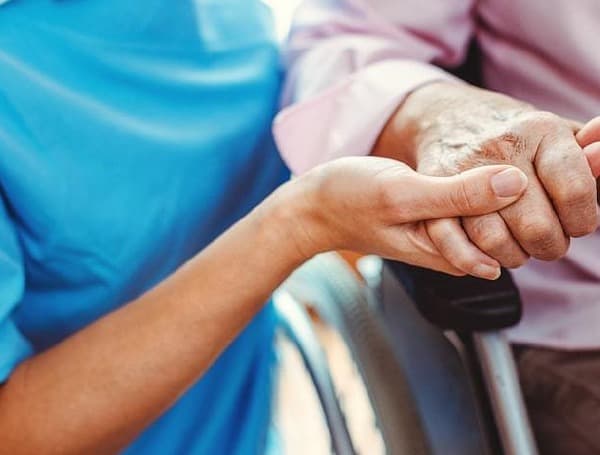Caring for someone who needs help is among the noblest feats. Those with a specific calling enter the medical profession as nurses, doctors, and orderlies. Yet, others feel they are meant to help others in different ways. None more so than at-home carers. As a career, you will think that specific duties are essential, such as looking after a loved one, relative, or friend. However, most people who enter the care field understand other responsibilities rather than direct assistance.
Understanding Needs
Caregivers of any kind, whether doctors, nurses, or CDPAP registered home carers in New York, are excellent at understanding the specific needs of individuals. If you have ever worked with people in a medical capacity, you know everyone is unique. And what applies to one patient doesn’t apply to the other, no matter how similar the circumstances. Of course, needs also evolve, as evident when you look after someone long-term. But even short-term care comes with required understanding, such as mobility issues, feeding, and even money management.
A Sense of Responsibility
When looking after a relative, you might feel like it is your responsibility to do so. This is a quality found in many carers and an essential one. When you feel responsible for someone, you strive to do your best for them, you, and everyone else around you. Responsibility like this often develops over time and typically comes from the experience of helping an elderly relative or sick parent when you were young. However, a sense of responsibility towards others may develop as you mature, leading you into a life of medicine, care, nursing, or law enforcement.
Emotional Support
Physical care and providing a safe and nurturing environment for someone else is challenging but achievable. An often overlooked aspect of helping others is based on emotional and psychological support. Isolation and loneliness cause depression and anxiety, which has been made worse by the pandemic with an 11% increase in 2020. As a carer, you will know how important it is for someone, especially the vulnerable, to keep a strong network of friends, family, and co-workers. You may also feel you need to encourage people to seek support from other sources.
Educating Others
A more perplexing part of care work is helping others understand a situation in the same way you do. For instance, many psychological issues are painfully obvious yet harmless. Tourette’s, for example, can cause a patient to say something offensive to a stranger. You might feel that educating others about a specific medical issue a patient might have is a large part of your job as a carer. And for the most part, once someone understands the disadvantages a patient has to endure, they are open to accepting them without prejudice or incident.
Lighting Up a Room
Of course, a defining trait of someone who is meant to help others is the ability to make them feel at ease. Some light up a room when they enter, with a big smile and a warm temperament. Others have a saintly bedside manner with the ability to put people at ease. And you might be one of the special people who can do both. But even if you aren’t the most extrovert person in the world, don’t be put off by seeking a career to help others. Heroes are people who choose to do the right thing, no matter what. If care isn’t for you, there’s always firefighting or the police.
Check out Tampafp.com for Politics, Tampa Area Local News, Sports, and National Headlines. Support journalism by clicking here to our GoFundMe or sign up for our free newsletter by clicking here.
Android Users, Click Here To Download The Free Press App And Never Miss A Story. It’s Free And Coming To Apple Users Soon

